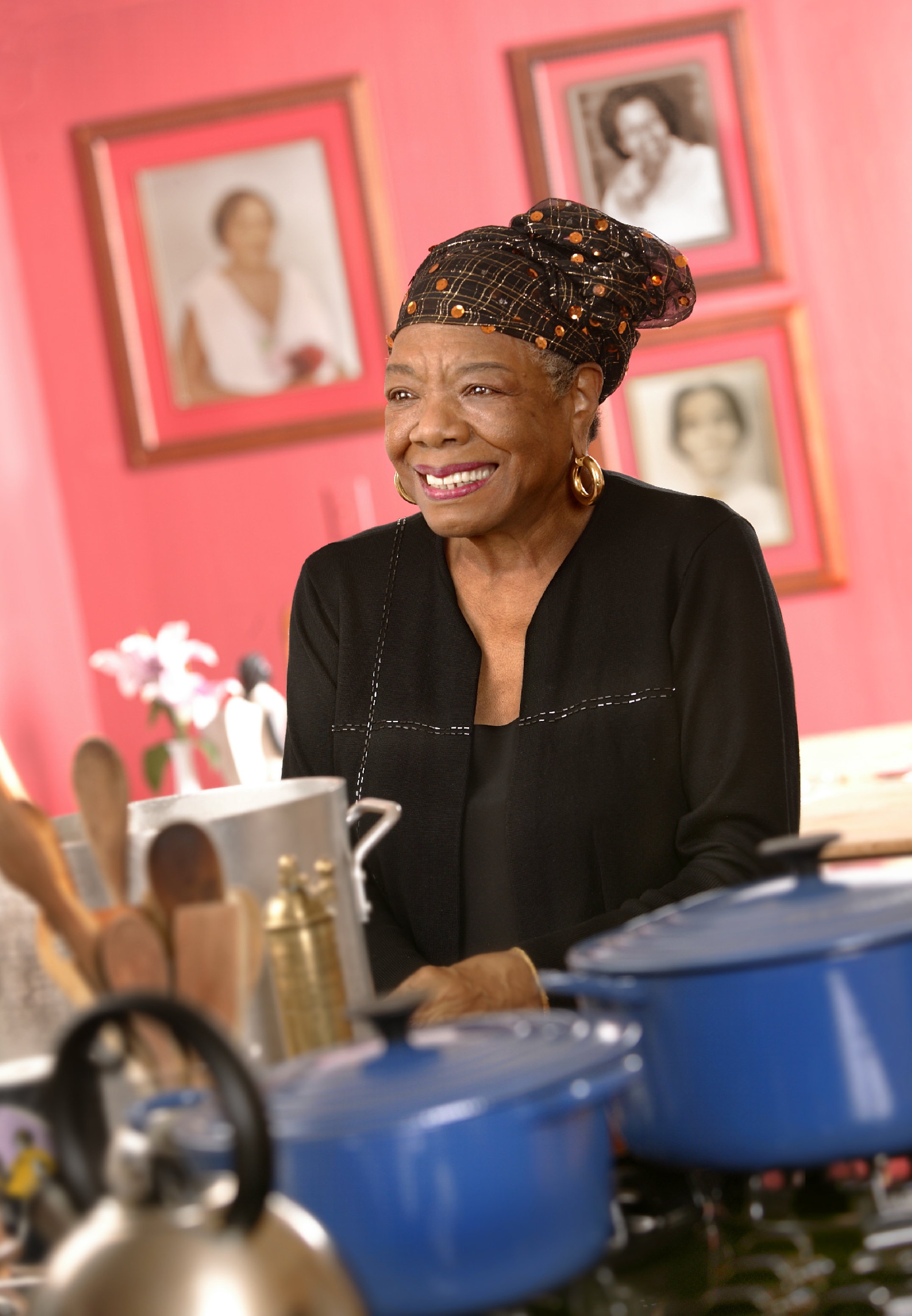The author and poet Maya Angelou is perhaps best known for her first autobiographical work, “I Know Why the Caged Bird Sings.” The book was nominated for the National Book Award in 1970, and spawned five sequels, chronicling her childhood and early adult years. Her volume of poetry “Just Give Me a Cool Drink of Water “˜fore I Diiie” was nominated for the Pulitzer Prize in 1972. She talked to the Daily Bruin’s Alex Goodman in anticipation of her talk at Royce Hall on Wednesday.
Daily Bruin: Your appearance this week has been sold out for a while. Do you think that says more about the power of your work or your status as a literary celebrity?
Maya Angelou: I think either answer would be foolish, I dare not say that. Let someone else answer that question.
DB: You must have some idea of why you’ve been so popular for so long.
MA: I don’t know. I’m very blessed and very grateful ““ people read my books and hear my stories and they like it. But that’s not an answer. That’s true for Dr. Seuss as well as James Baldwin as well as Shakespeare.
DB: What will you be speaking about?
MA: I plan to speak on the issue of courage. Courage is the most important of all the virtues, because without courage you can’t practice any other virtue. If you believe the thing, and you’ve tried it and it seemed to be true, then to have the courage to step out and support it is very important. I might speak on that, but on the other hand I might not, I might speak on the East Indian nose flute, or thermonuclear propulsion.
DB: Does it matter what type of courage?
MA: Courage is courage; it doesn’t mean braggadocio. I mean internal courage, the courage to try to be as good a human being as you can be. Courage is trying to be as fair as possible in unfair circumstances, trying to be as honest as possible in a condition which is filled with lies and falsehoods. No one needs to know. We’re told from various pundits to know thyself; when you learn yourself, you will know everybody in the world.
DB: How is that?
MA: Most human beings are more alike than we are unalike. If you know yourself, and you can confess to yourself some of your sacred cows, those things you’re not all that pleased about ““ maybe a little miserliness, a little cowardice, a little meanness ““ then when you can see the person who has that, if you’re wise you don’t have to act like, “Oh my God how awful, you have those terrible attributes.”
DB: When did you know yourself?
MA: I’ve been knowing. It’s not a condition you achieve and then sit back and say, “I’ve got it.” People walk up to me and say, “I’m a Christian,” and I think, “Already? You’ve already got it.” I’m in the process of learning these things. Years ago I traveled with Porgy & Bess as a dancer, and I studied a few languages. I’m six-foot and I’m black and I’m American, and I used to go to places in Yugoslavia or in Switzerland or in Italy. Everybody could tell I was not a Swiss, I was not a Serb or Croat, I was not a Spaniard. And yet the language allowed me access. Sooner or later, people would give me the great compliment to say, “Your accent is so good, you sound like you could be a Swede.” That’s when I really began to know. The skin is a 16th of an inch wide, and other than that, if you take the skin off, human beings are more alike than we are unalike. When I got that, I was liberated.
DB: You’re known for your autobiographical work. How do you feel about the recent popularity of first-person writing in blogs and memoirs?
MA: The great novelists, in their own way, are writing autobiographies. Admittedly, the situations are fictional, the names are fictional, even the place and time can be fictional. What they’re doing is saying, “This is what human beings do. This is what breaks us down. This is how we can survive, and this is how we can overcome.”
DB: But isn’t there a difference when you’re writing an actual autobiography?
MA: I have six books that are autobiographical, I’ve used the first-person singular as Frederick Douglass did it in the 19th century. “I stand on the slave ship,” “I take this whip,” “I” meaning all of us, meaning “we.” So when I use the “I” in “The Caged Bird” or in “The Heart of a Woman,” I’m also thinking, this is how human beings do. We do it sometimes trembling, and sometimes with courage, but this is how we act. I believe that is why my books have become popular all over the world.
E-mail Goodman at agoodman@media.ucla.edu.
